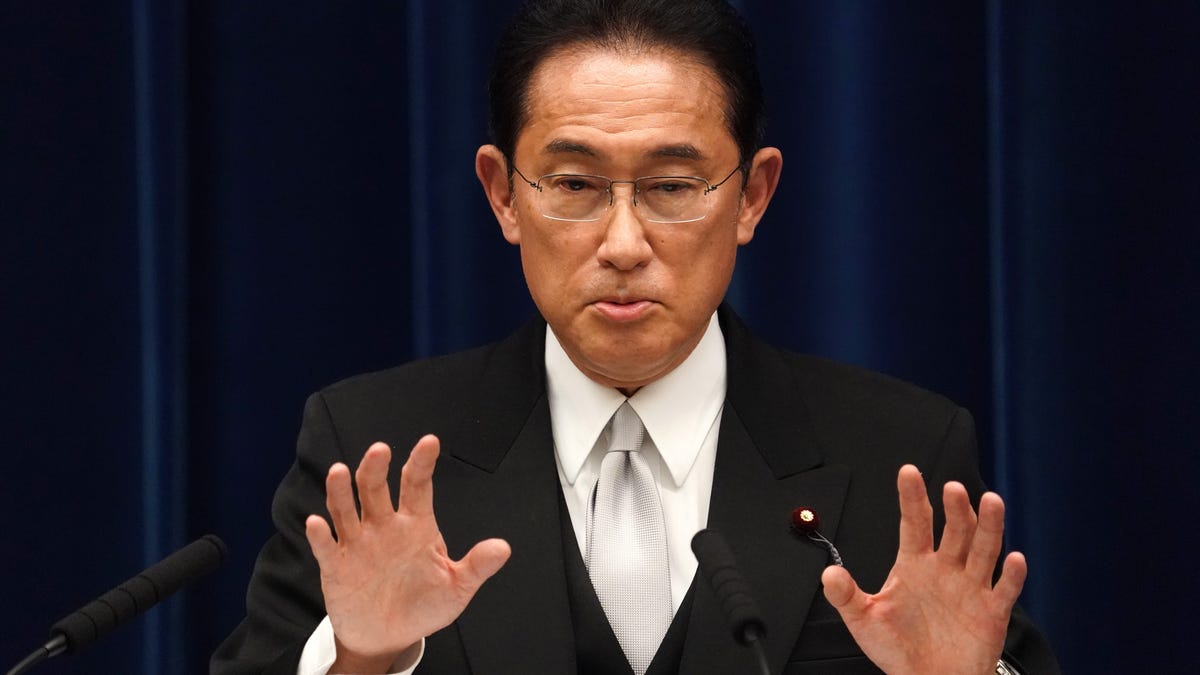Japan's new PM wants to restart nuclear power in the country
Nuclear power has understandably been a contentious issue in Japan since the 2011 Fukushima incident.

Japan's new prime minister, Fumio Kishida.
After the nuclear disaster that struck Fukushima in 2011, Japan quickly moved to phase out nuclear power. Two years after a tsunami led to three nuclear meltdowns at Fukushima Daiichi Nuclear Power Plan, Japan had shut down its entire fleet of nuclear power generators.
Fumio Kishida, Japan's new prime minister, wants to change that. "It's crucial that we restart nuclear power plants," Kishida said to parliament on Monday, his first time facing questions in parliament since becoming prime minister last Monday, reports Reuters. Kishida became leader of the ruling Liberal Democratic party in late September, a last-minute leadership change ahead of Japan's general election on Oct. 31. He's expected to retain his post: the Liberal Democratic party has been in power for 61 of the past 66 years.
In a speech to parliament on Friday, Kishida said renewable energy sources like wind and solar won't be enough to power Japan in the coming years. This is especially true as the government pushes the public and private sectors to digitize more, with the country's paper-pushing, face-to-face work culture struggling to adapt to the COVID-era.
Read more: 'World's best last chance' for climate action at COP26. What you need to know.
"It goes without saying that renewable energy is important, but our country is in the midst of a digitization drive, which means that electricity demand is going to increase sharply," Kishida said Friday, according to Nikkei. "When you think about this, you realize that supply stability and affordability are just as important as the amount of emissions. That means that we need to have a variety of energy sources, including nuclear and hydrogen as well as renewables."
Nuclear power is a controversial topic, both in and out of Japan. While incidents like Chernobyl and Fukushima illustrate the grave danger nuclear meltdowns present, nuclear power emits little carbon and is more reliable than wind and solar electricity. For these reasons, some scientists and environmentalists have pushed governments to adopt more nuclear power, which could replace coal and gas power as a compliment to increased renewable energy.
After dragging its feet on setting carbon-emission goals, Japan last year committed to net-zero greenhouse gas emissions by 2050. In May it committed to stop funding overseas coal plants. Kishida will attend the 2021 United Nations Climate Change Conference, or COP26, remotely.

